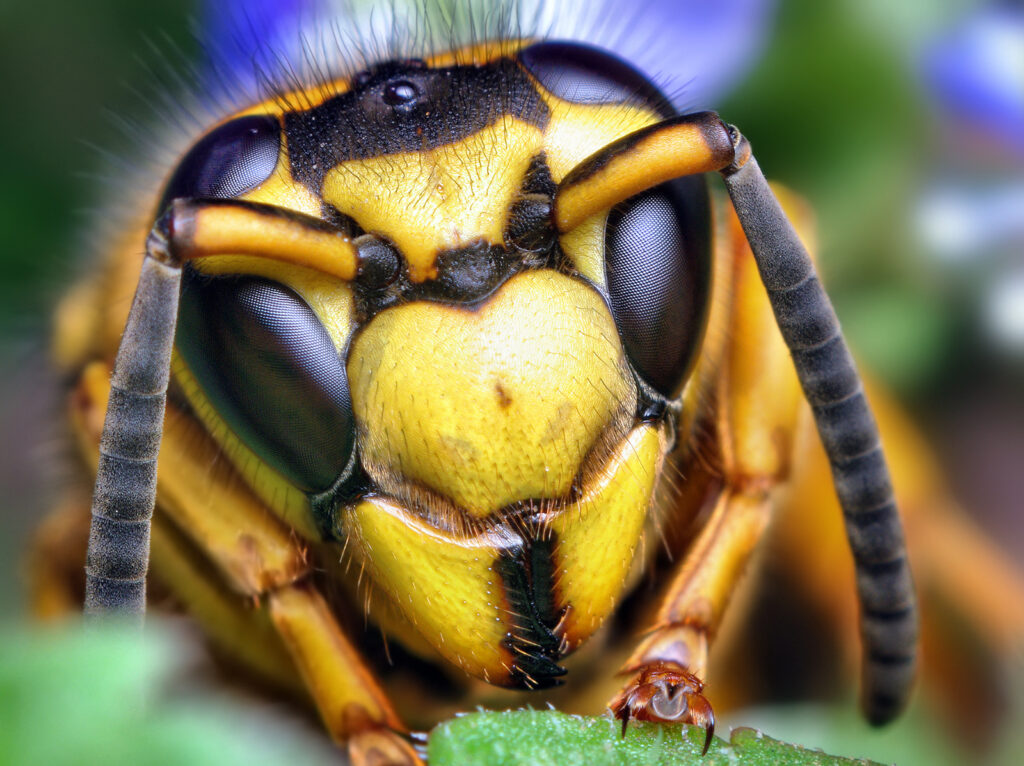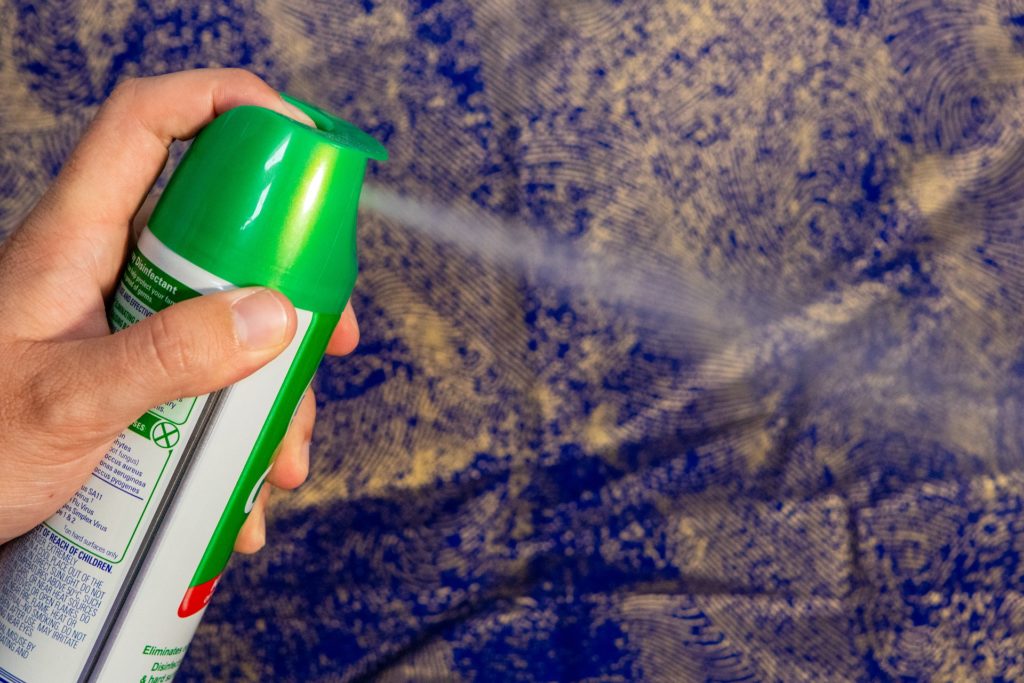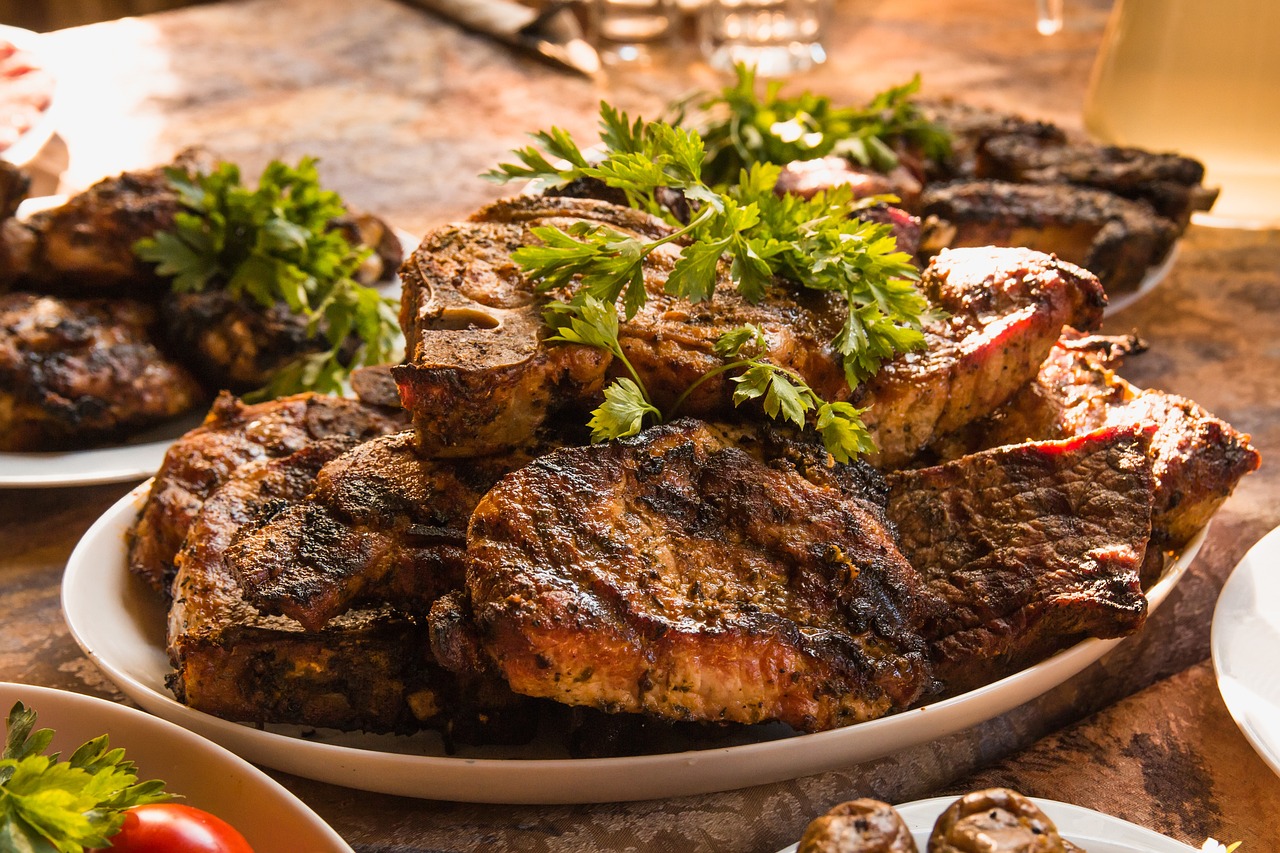We all know that leaving food unattended can attract pests. But did you know that different kinds of food attract different kinds of pests? And it helps to know what kind of food attracts what kind of pest. In this article, we are discussing what attracts wasps and specifically asking do wasps eat meat and other proteins. Or do they prefer nectar and other sugary delights?
Wasps do eat meat
- Some wasp species are attracted to meat more than others. First, it’s important to point out that there are different kinds of wasps. The term “wasp” has just become an all-encompassing term for stinging insects. Hornets and yellow jackets are some of the most common types of wasps. Yellow jackets in particular are attracted to meat. But some wasps, such as those that are parasitic in nature, are not particularly attracted to your meat items at home. They already get their meat from the insects in your home’s exterior.
- Wasps feed their young with meat. Some adult wasps do eat meat, especially yellow jackets. But these are exceptions to the norm. Typically, in the world of wasps, only young wasps really eat meat. Most adult wasps don’t even have the “mouths” to eat solid food. They have proboscises, tubular mouthparts that they use to suck food. They eat mostly liquid foods like nectar. However, adult wasps are still attracted to meat. They bring it back home to feed their young.
- Wasps are more likely to be attracted to sugary foods and drinks in the colder months of the year. The warmer months of the year are basically wasp season. During these months, insects are abundant. They have a lot of resources to consume and provide for their young. They are also more likely to come after your meaty foods at this time of the year. But during the colder months, they can switch their preference from protein sources to sugar sources as they prepare their bodies for the coming winter.

How to prevent wasps from getting into your food
- Close doors, windows, and other passageways. You don’t want wasps buzzing around your property. Their stings are not just painful. They can also be dangerous. A severe allergic reaction to wasp stings can even be fatal. One of the easiest ways to avoid these stinging pests is to simply close their passageways to your home. Doors and windows are the most obvious ones. But don’t disregard other potential passageways, such as the cracks and holes in your walls. They can even nest inside your walls, especially because it’s warm and safe for the colder months of the year when they are more vulnerable.
- Cover your outdoor garbage cans. Garbage cans are a haven for pests such as wasps. They are full of food and water that they can scavenge. If wasps can trouble picnickers for their meals, you are sure that they can ransack your garbage cans too for free food. Make sure you keep the lids of your garbage cans closed, especially the ones outside. It also helps if you wash bottles before throwing them away. Their residue is enough to attract desperate wasps. This is particularly true for sodas and other sweet drinks.
- Keep your property’s exterior clean. A dirty exterior is problematic because you are giving a lot of hiding and nesting spots for insects and other pests. The standing water in your gutters can attract mosquitoes. The tall grass on your lawn can keep mosquitoes safe when the sun is high and hot. And the random debris in your garden such as fallen leaves and rocks can harbor ants and fleas. If insects thrive on your property, you are bound to attract those that eat them. Don’t turn your garden, lawn, or yard into a potluck for wasps.
How to deal with wasp infestations
- Identify the kind of wasps troubling your home. It’s important to know what kind of wasp you are dealing with. This is because different wasp species have different habits. And these factors can affect how you can effectively deal with them. For example, if you are dealing with hornets, you can look for their nest in aerial spaces like eaves and roofs. But yellow jackets are more likely to be in lower spaces like underground. And if you are dealing with yellow jackets, you will be more proactive in keeping them away from your meaty foods because you know they like those.
- Call pest control professionals. Going the DIY route is such a hassle. You have to know what kind of stinging pest you are dealing with. You also have to bait out a wasp and follow them to find its nest. And to top it all off, you also have to protect yourself from their stings. If you don’t want to bother with all these, you can just call pest control professionals and let them handle the infestation. You are not just sure the infestation will be effectively eliminated. You are also safe from wasp stings.
- Go DIY, but be cautious. DIY solutions do work against wasps. They are not as complicated as, say, bed bugs and termites. Those pests require professional help. You can get rid of the wasps yourself with commercial pesticides. But you can make do with natural solutions like boiling water and soapy water. Please only use soapy water if the wasp nest is not directly in your home. If it is in your home, like in a void in a wall, pouring soapy water can actually cause more harm than good.

Wasps have diverse diets and do eat meat
Yes, wasps do eat meat. You may often see them working on the nectars of flowers and scavenging soda bottle residue in garbage cans. But their diets are more diverse than that. Yellow jackets are particularly attracted to meat for food. But most wasp species are only attracted to meat so they can break it down and feed it to their young.
Protect your meaty foods from wasps by keeping your doors and windows closed. You should also avoid other wasp attractors, such as the insects in your home’s exterior and the food and water in your garbage cans.

